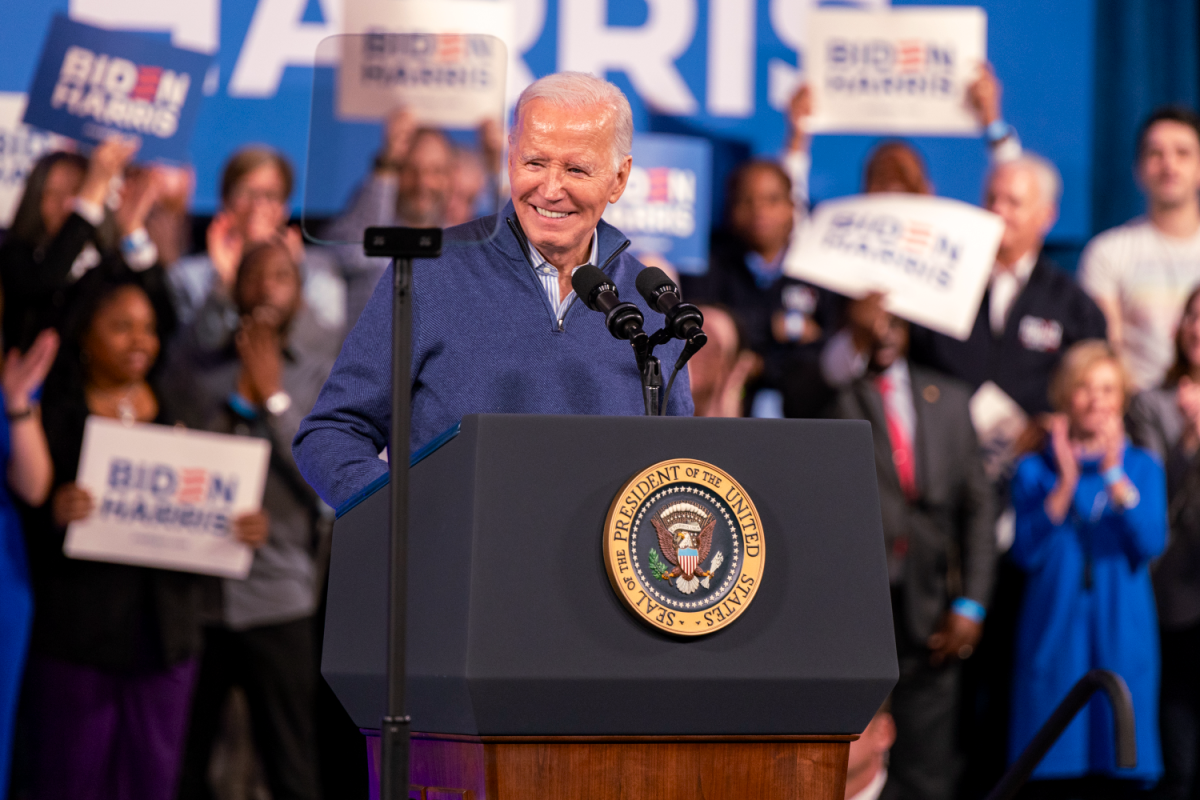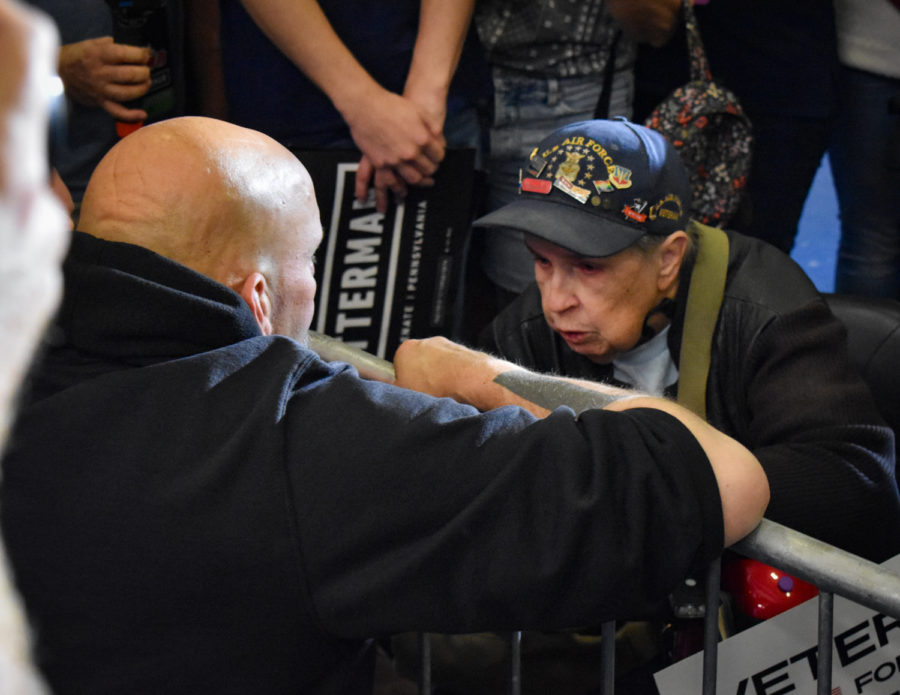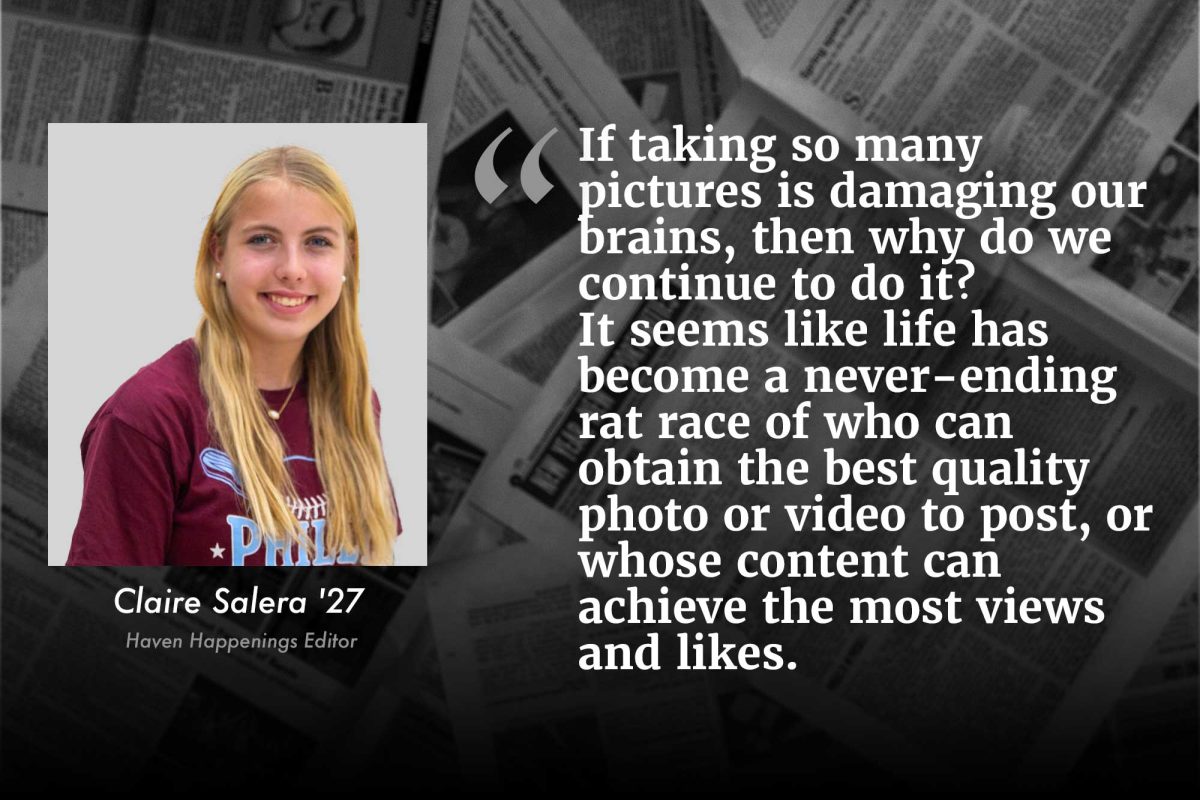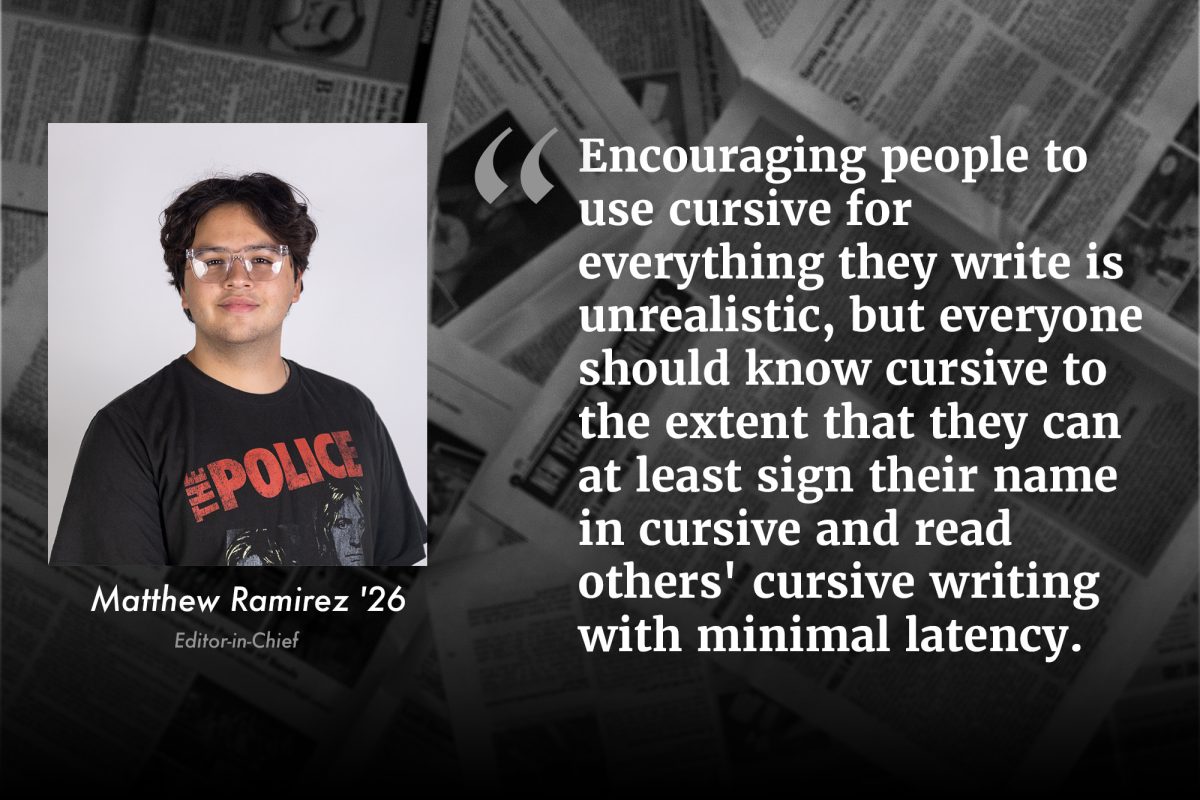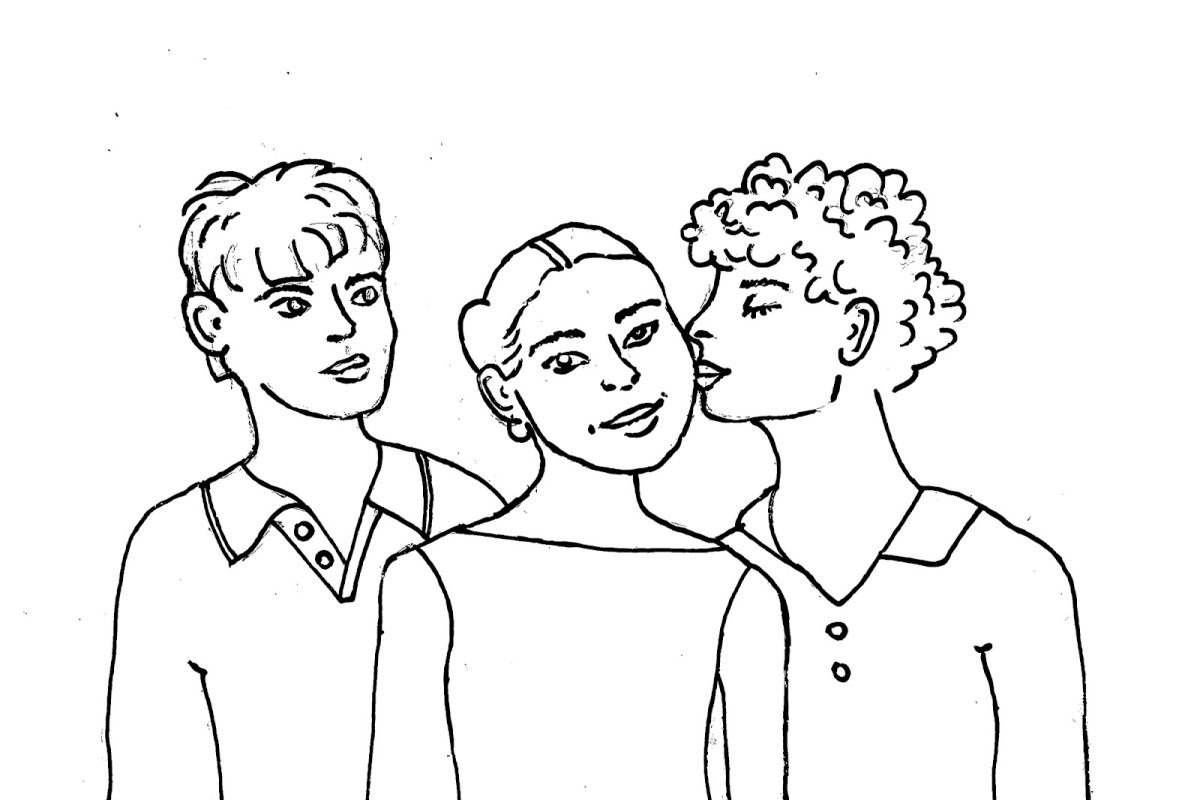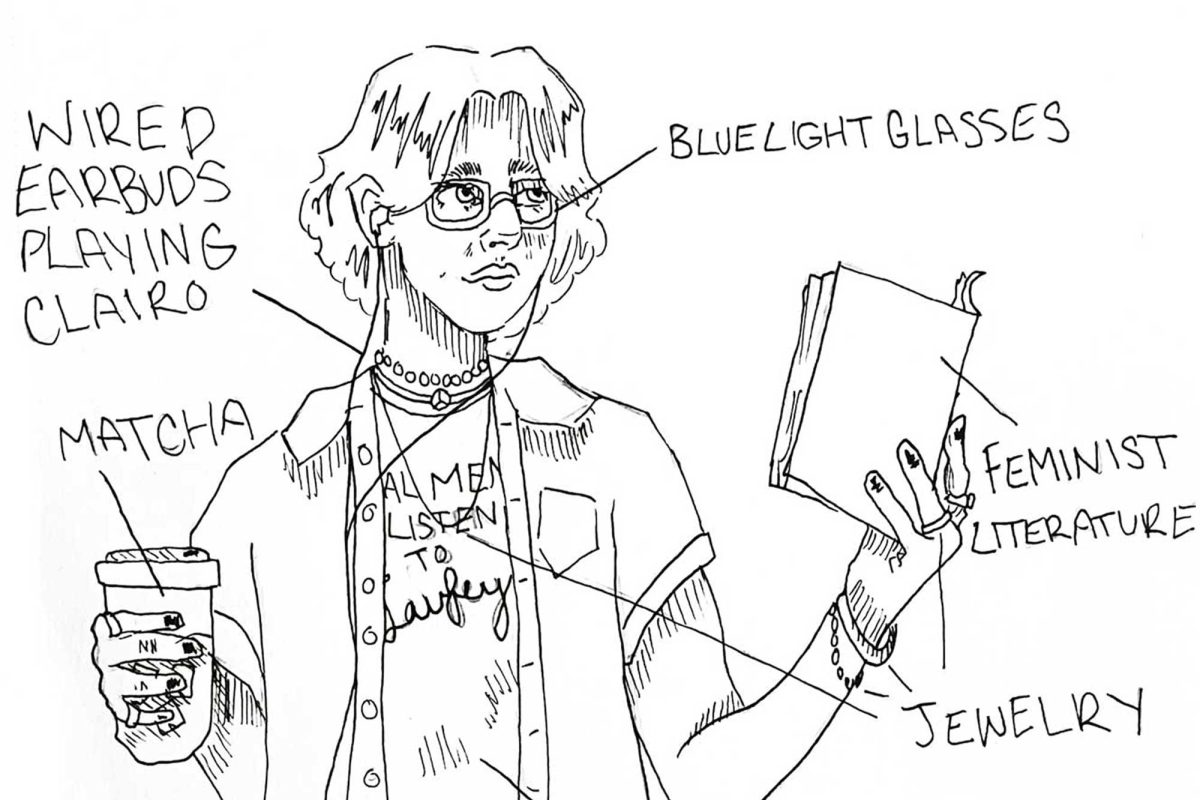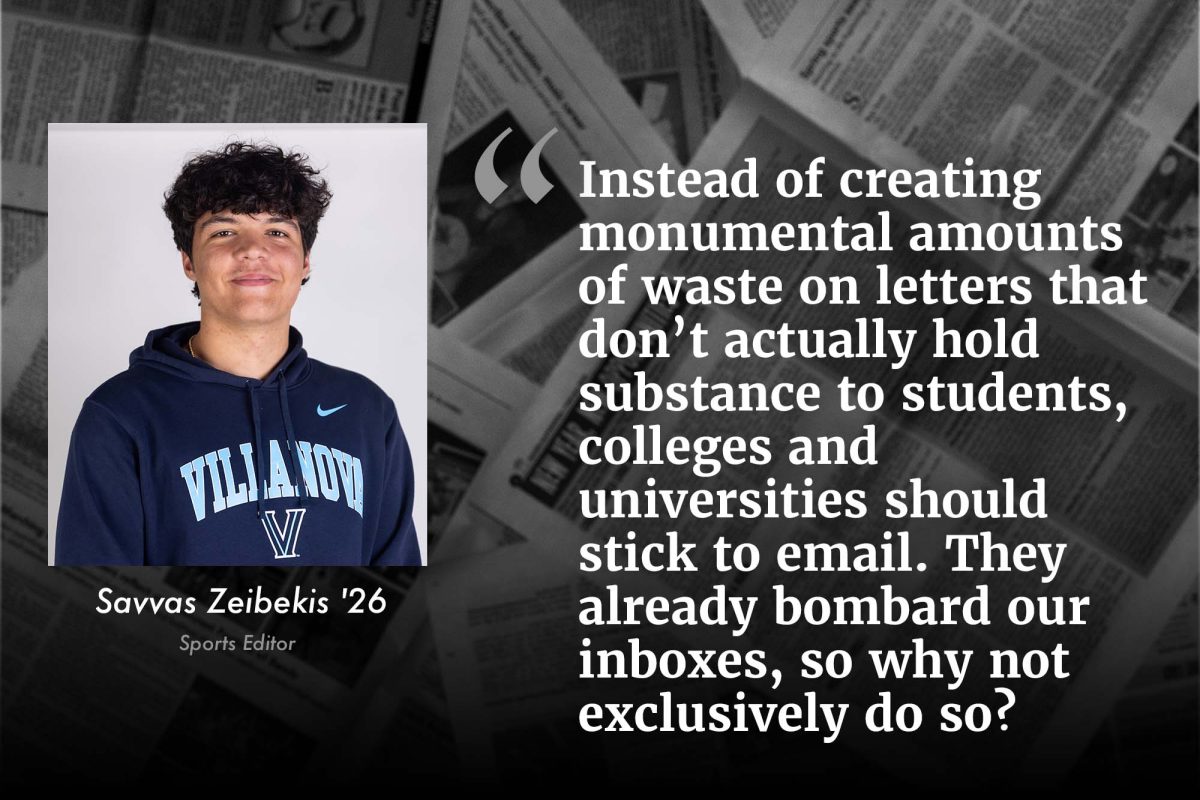Everyone can agree that the Brett Kavanaugh hearing was an extremely painful and controversial process. It was painful because Dr. Christine Blasey Ford was attacked decades ago, found the courage to come forward only to be targeted by harsh criticism, and was painted as a liar. It was controversial because the allegations targeted a long-standing, respected member of the court system who was interviewing for the ultimate job in his profession – Associate Justice of the Supreme Court. It was tiring to listen to the hateful comments directed at Ford, and it was tiring watching Kavanaugh defend himself. The outcome left many people wondering if the right decision was made regarding his confirmation. I firmly believe Dr. Ford. I firmly believe she was mistreated. But for a moment, let’s table the issue of what happened to Dr. Ford and focus on whether Kavanaugh should have been confirmed based not on the accusations of sexual assault, but purely on his qualifications to hold the office he so clearly coveted.
The Kavanaugh hearing was not really a trial, it was a job interview. The senators involved did not need to determine innocence or guilt, they needed to conclude whether Kavanaugh was qualified or not. I did some research on the qualifications of a Supreme Court Justice and was surprised to find that there are no official qualifications. Consulting academic sources, I found that Sheldon Goldman, a professor of political science at the University of Massachusetts Amherst, had written a journal about the qualifications of a good judge. There were eight criteria in total, though I would like to focus on five of those in the context of the hearing as the other three are fairly subjective.
First, Goldman focused on neutrality. I believe Kavanaugh’s demeanor in his testimony and his past actions did not convey a neutral tone. He repeatedly blamed Democratic senators, saying that the timing of the accusations was driven by rage towards President Trump and was a deliberate “political hit.” He also stated that the behavior of some Democratic senators was embarrassing and was used to distract from the confirmation process. Focusing on his past, Kavanaugh has worked on several independent Republican counsels that investigated the Clintons with Ken Starr, along with the report that eventually impeached Bill Clinton in the House of Representatives. During the hearing, he specifically mentioned the Clintons seeking revenge as fueling part of a conspiracy against him. I do not believe that accusations towards a specific political party and a former president proves sufficient neutrality.
Along with this comes the second qualification – fair-mindedness. Similar to neutrality, fair-mindedness focuses on impartiality. A judge has the same rights as a private citizen regarding the ability to choose a political affiliation, yet that private political affiliation should not interfere with a judge’s responsibility to be impartial. In my opinion, it is clear that Kavanaugh has a deep distaste for the Democratic Party and possibly what they represent. This could easily cloud his judgement. In my opinion, he should have been focused on proving his innocence, and not making this about political parties.
Goldman’s third qualification is the ability to think and write logically. There is no doubt that Kavanaugh has the ability to write, yet he mixes up countless details throughout the hearing and there is also proof that he lied under oath. Kavanaugh said that witnesses claimed the assault never happened, while the truth was that the witnesses never saw the assault happen. He also said that he never attended the type of gathering described by Dr. Ford, while the calendars he displayed as evidence showed otherwise. Lastly, he erroneously defined slang words written in his senior yearbook that obviously had other meanings in order to protect the image he painted of his days in school.
The last two qualifications I would like to focus on are judicial temperament and the ability to handle judicial power sensibly. I believe most people would agree that judges should be calm, collected, and patient. While watching Kavanaugh’s testimony and questioning from the senators, Kavanaugh repeatedly rolled his eyes, sighed, and looked utterly annoyed at certain questions. He also became increasingly more upset, raised his voice, and interrupted many senators that asked simple questions. At one point he rudely challenged a senator about her experiences with alcohol. I understand this hearing was personal and affected his family, but his childish behavior during this hearing was completely unacceptable for an Associate Justice of the Supreme Court. Goldman writes that even during a heated trial, one should remain “even-tempered,” unlike Kavanaugh’s behavior.
Though I realize there are not official qualifications for a Supreme Court Justice, I believe Goldman’s qualifications are fairly simple and should be a baseline for all judges. Kavanaugh violated most of these solely due to his behavior and overt partisanship. One could mute the television and notice that the behavior displayed was completely inappropriate. To reiterate what I said before, this was not a trial, this was a job interview; behaving like this during any other job interview would not end with a job offer. The purpose of this opinion piece was not to diminish the significance of Dr. Ford’s accusations. Treating a possible sexual assault victim like a liar is the exact attitude that forces many victims to stay silent. Though I am unable to change people’s views on Dr. Ford, maybe I can prove that this man should have failed his interview.











